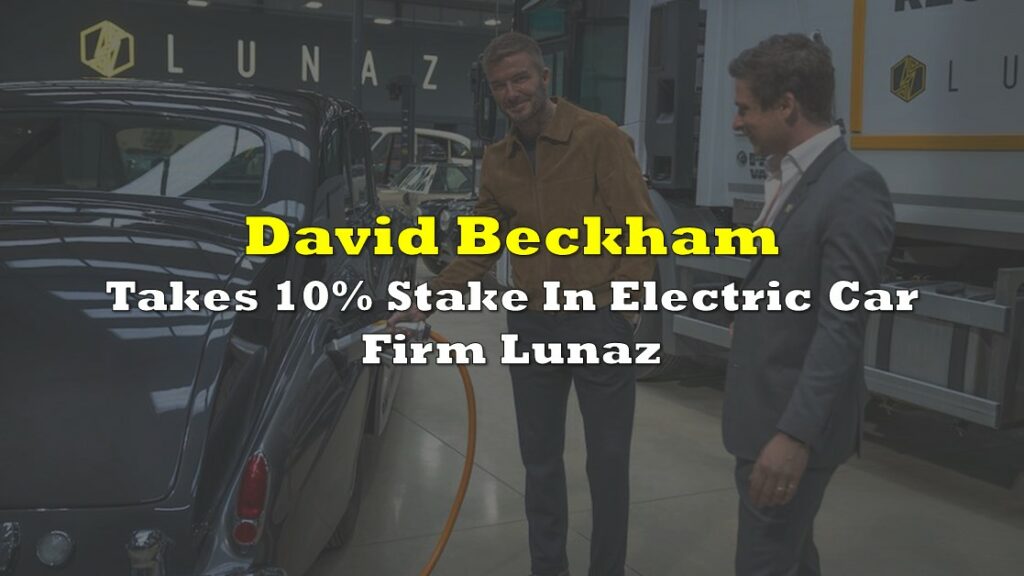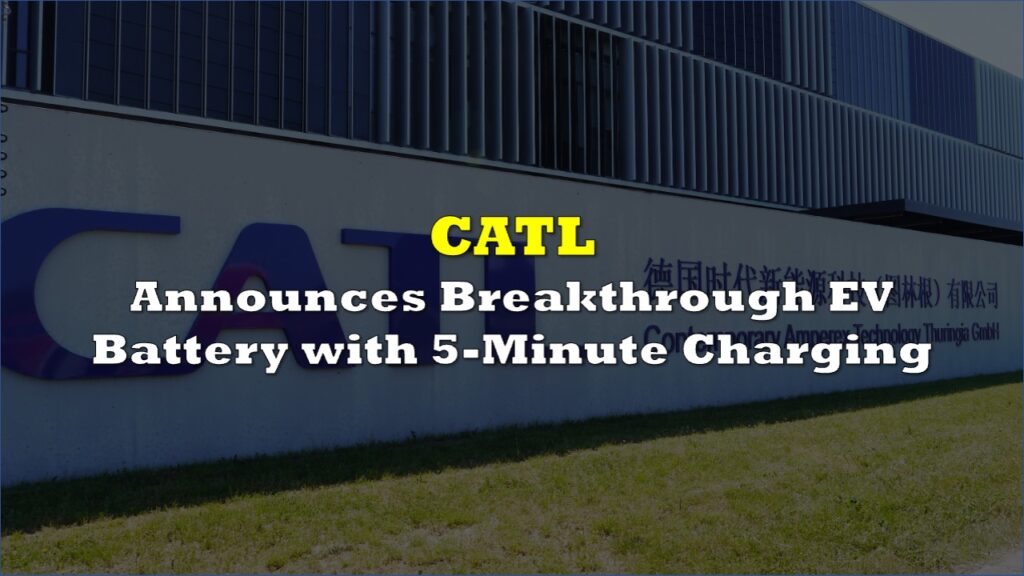Electric vehicles could be restricted from making non-essential trips in Switzerland as part of a multi-tier ordinance that the government is preparing in case of a shortage in the country’s energy supply.
The Swiss Federal Council submitted a set of draft ordinances about two weeks ago. Among those drafts was the “Ordinance on Restrictions and Prohibitions on the Use of Electrical Energy.”
The proposed ordinance includes two tiers of varying restrictions that will be put in place depending on the severity of the shortage. The first tier, called the “emergency” tier, has three levels of restrictions, from minor to severe.
If the country’s energy supply needs reach the severe level of restrictions in this “emergency” tier, the private use of electric vehicles will only be allowed for “strictly necessary” trips, such as professional practice, shopping, visits to the doctor, visits from religious events, and attending court hearings.
This level of restrictions also includes keeping electricity-generated heating in rooms to be at most 18 degrees Celsius or about 65 degrees Fahrenheit, with exemptions for hospitals and other healthcare centers and medical facilities, as well as retirement and nursing homes. It also includes a requirement for shops to reduce their operations by one to two hours.
The second tier, the “crisis” tier, has four levels of restrictions. The highest level includes restricting the operation of all passenger transport systems for leisure purposes and halting the operation of leisure and amusement parks, as well as public film screenings and performances of cultural events.
The draft of the ordinance states that the restrictions are situational and would be triggered based on the “concrete supply situation” that can only be “determined in the event of an operation.”
Switzerland has fared better than other European countries in the energy crisis spurred by Russia’s war in Ukraine. The country’s reliance on hydropower for its electricity has helped it dodge soaring oil and gas prices, at least for the most part, and keep its energy prices low compared to its neighbors.
READ: Shell CEO Believes Europe Energy Crisis Might Not Be Limited To “Just One Winter”
The ordinances are part of the measures that the country is taking to maintain energy security, particularly over the winter. The government is also implementing water-use rules to help some hydropower plants increase capacity. It is also releasing petrol, diesel, kerosene, and heating oil from its strategic reserves.
Information for this briefing was found via EuroNews, the Telegraph, KATV.com, and the sources and companies mentioned. The author has no securities or affiliations related to the organizations discussed. Not a recommendation to buy or sell. Always do additional research and consult a professional before purchasing a security. The author holds no licenses.









